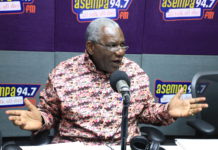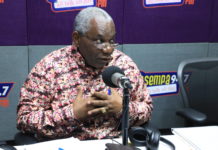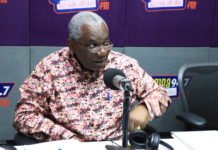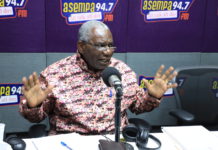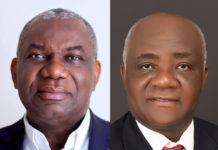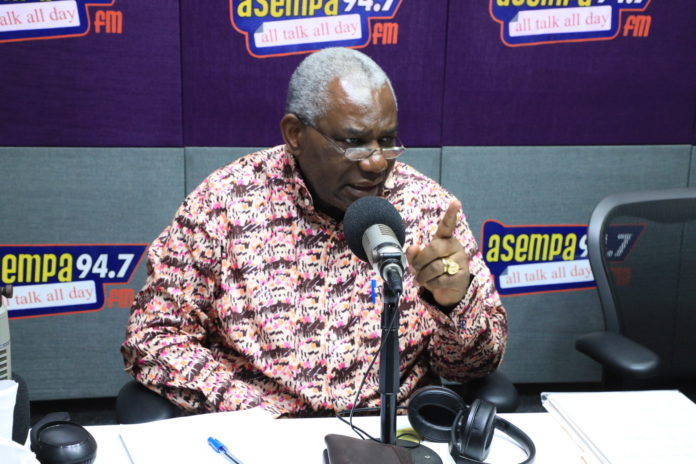
Former Energy Minister, Boakye Agyarko, has spoken out about his dismissal in 2018 following the controversial Ameri Power Plant deal.
In an interview with Omanhene Kwabena Asante on Asempa FM’s Ekosii Sen, he revealed that his removal from office was orchestrated by individuals who were dissatisfied with the work of the committee led by lawyer Addison.
Mr Agyarko explained that when he was appointed as minister, one of his key responsibilities was to examine the Ameri Deal. However, President Akufo-Addo also established a committee, chaired by lawyer Addison and Vicky Bright, to investigate the same contract and make recommendations.
“I was not part of this committee,” Mr Agyarko clarified. “It was composed of institutional representatives such as the Energy Commission, Attorney General, and others. They were responsible for the negotiations.”
Although he was not directly involved, Mr Agyarko received periodic briefings from the committee. “Addison and Vicky would occasionally update me on the progress or any issues they encountered. They also reported to the president,” he stated. “At times, I would brief the president on the developments.”
The problems for Mr Agyarko began when some individuals within the party and government expressed concerns about the committee’s work.
Consequently, they began spreading false information about him.
“Certain people were dissatisfied with the outcome of Addison’s committee. Suddenly, this controversy emerged, claiming that what I had done was worse than the original contract,” he explained.
He further refuted the allegations, stating, “I was not involved in the negotiations, so how could I have benefited personally? The committee that conducted the negotiations excluded me.”
Mr Agyarko provided specific details to support his argument. “The original contract was priced at 14.25 cents per kWh. When I assumed office, I engaged with key power generators and advised them that we couldn’t afford their rates,” he said. “I proposed a standardized rate of 4 cents per kWh since Ivory Coast, which uses similar resources, purchases power at 10 cents per kWh. Many of them agreed to the rate of 12 cents per kWh. In the end, the Addison Committee’s report recommended 11.719 cents per kWh.”
He questioned the logic behind the allegations against him, asking, “How does 11 cents become more expensive than 12 or 14 cents? Can anyone genuinely claim that the committee’s recommendation was costlier?”
ALSO READ:

